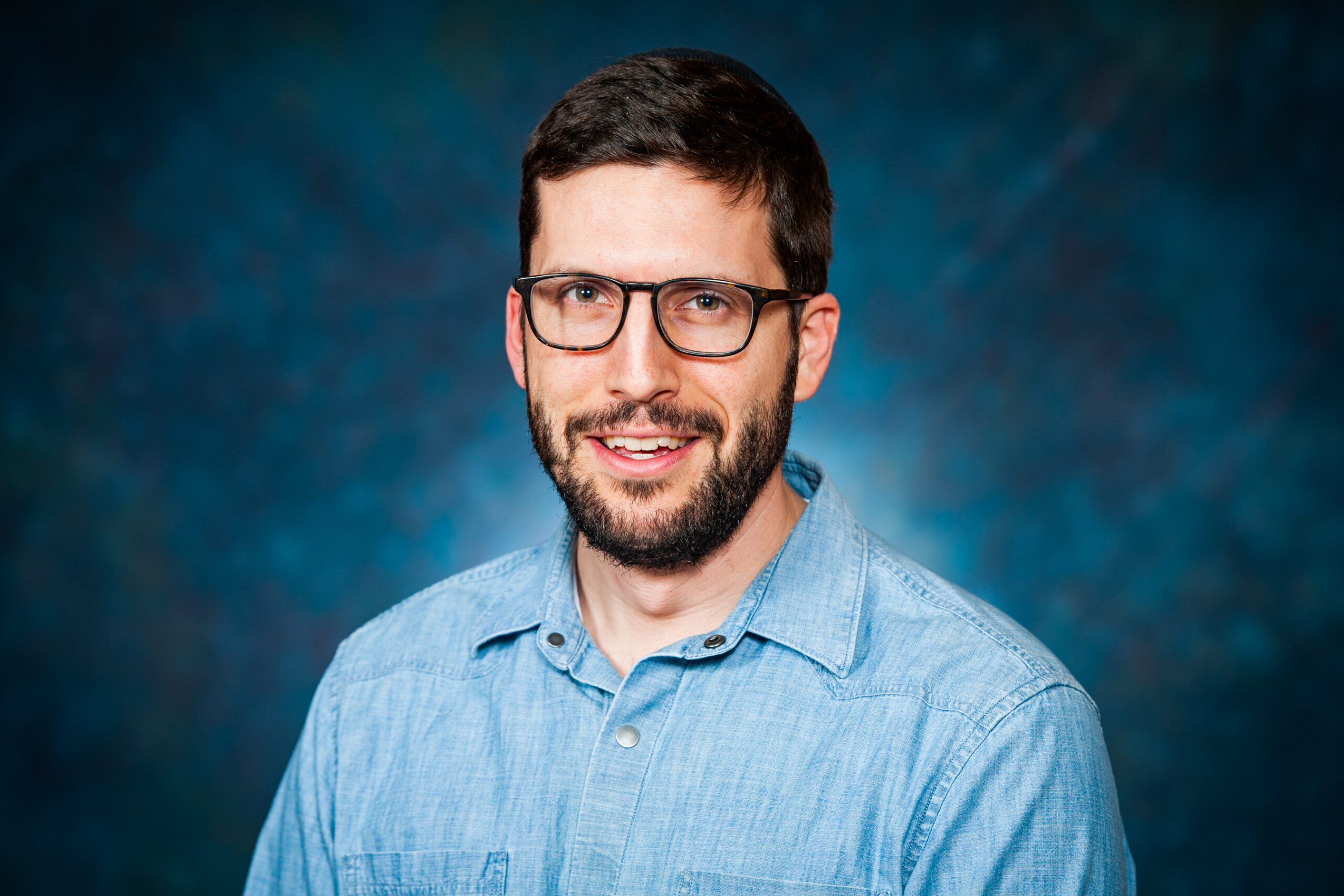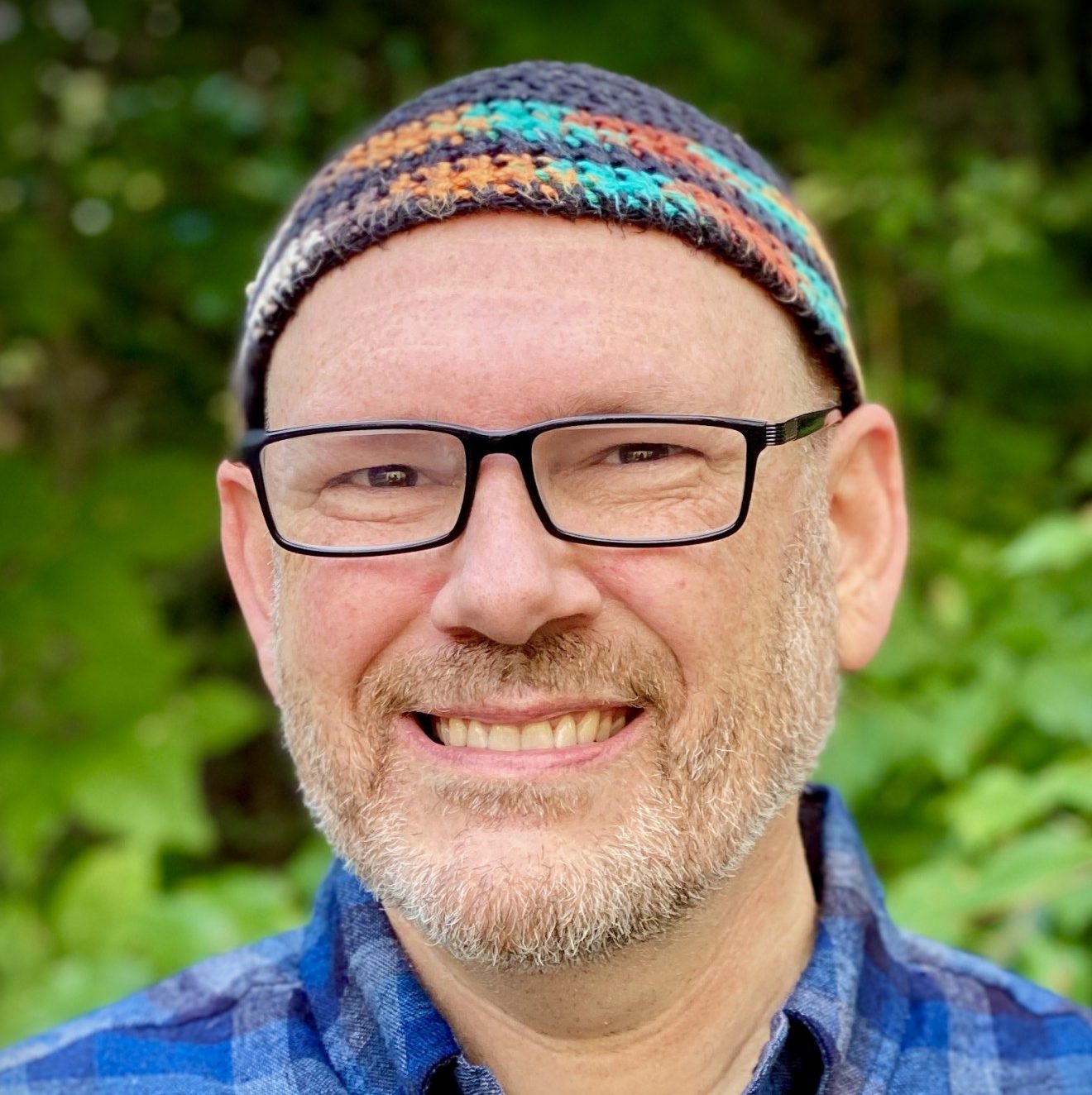The Torah sometimes feels uncomfortably timeless. Telling the story of yetzi’at mitzrayim (the exodus from Egyptian slavery) at this year’s Seder led some of us to wonder if we, too, are living through the reign of a new king who warns about the Jews growing too numerous and powerful. This is an historically asynchronous but emotionally urgent question, asked by an intergenerationally traumatized people in a time of economic instability. This is a Jewish question, couched in Jewish mythos, and it reflects the cyclical nature of our oppression and the burdens of our fears and pains. This keeps us from realizing our greatest, most vibrant and free Jewish selves. With this question in mind, we offer some thoughts about challenging aspects of contemporary antisemitism.
Antisemitism and Critique of Israel
There are competing definitions of antisemitism that attempt to delineate when speech about Israel is antisemitic. The best known of these definitions was published by IHRA (International Holocaust Remembrance Alliance) in 2016 and has been adopted by many governments. Much debate has followed, especially regarding its “examples” section. For instance, IHRA claims that saying that Israel’s existence is racist is antisemitic. But such a blanket claim makes antisemites out of many Palestinians who understandably view Israel’s founding as racist. IHRA may not be able to make the space needed for passionate disagreement or nuanced views about issues like racism and the role it plays in the conflict. Due to concerns like this one, some scholars have developed alternative definitions like the 2020 Jerusalem Declaration on Antisemitism.
We need to be informed about the different contemporary definitions and the distinctions between them. As Reconstructionists, chances are that any public stand that we take will be nuanced and complex. For example, some of us have said things like, “I oppose a total boycott of Israel, but I support boycotting settlement goods. I’m also aware that some BDS (Boycott, Divestment, Sanctions) supporters have said antisemitic things, but BDS as a non-violent political strategy is not antisemitic.” Not exactly something you can put on a bumper sticker, but most of us would agree about the value of complex messages, despite the hashtag culture.
Giving nuanced statement makes us vulnerable to being misunderstood or vilified. Factor in as well Jewish intergenerational trauma, and it becomes clear that even within our own communities, there will be misunderstandings. Judaism at its best is not about groupthink. It’s about sacred argument, asking “what about this case?” and caring about the specifics. It is best to lean on Judaism’s moral and intellectual strengths to inform our responses to such hard questions.
Antisemitism on the right and on the left
Right-wing antisemitism is grounded in white nationalism, a social movement espousing an ideology in which “the Jews” play the central villainous role in a mythos that undergirds an entire matrix of racism and hatred. White nationalists are fighting to save the “white nation” from extinction by people of color, immigrants and non-Christians. Jews in this view are conspirators who manipulate world events in order to destroy the white nation and enslave humanity. Recently, right-wing antisemitism has been repeatedly murderous, motivating multiple domestic terror attacks on Jews. Operating adjacent to white nationalists are an alarming number of conservative political leaders, using dog whistles and symbols to curry favor with white nationalists while simultaneously courting mainstream voters including, sometimes, Jews.
Unlike white nationalism, progressivism doesn’t have mythic antisemitism functioning as its beating heart. At the core of progressive politics is a vision of a diverse and pluralistic world based on universal human rights, ecological responsibility and a fair economy. Its strongest impulses are to analyze how power is used and abused and to organize to end injustices. That said, the left has its blind spots, including the tendency to over-apply binary thinking (oppressor/oppressed) to political situations that are more convoluted than such an analysis offers. Historically, Jews have straddled different class and political categories in many societies, while also belonging to a religion regarded for centuries by institutional Christianity and Islam as both meritorious and failed. It’s no surprise that progressive movements have struggled over how to categorize the Jews. They have sometimes brought antisemitic ideas from the wider society into their analysis.
Given that most progressives today have deep and understandable sympathy for the Palestinians, it’s not surprising that sometimes they misjudge or mischaracterize Jews. It usually takes the form of a criticism of Israel couched in language that evokes a painful stereotype about Jews. At its worst, progressive antisemitism takes the form of shunning or excluding Jews by combining an absolutist anti-Zionist position with unfair or humiliating requirements for participation s n progressive coalitions. Left-wing antisemitism can contribute to rigid political orthodoxies in coalition movements that sometimes demean, humiliate or mischaracterize Jews. This is wrong, harmful and deserving of confrontation.
But let’s be clear: right now in North America, left-wing antisemitism doesn’t come close to being the threat to Jewish safety that right-wing antisemitism poses. Left-wing antisemitism is not an organizing force that has spawned dozens of paramilitary groups and underground cells that are hoping or planning to kill Jews, immigrants and other specific groups as part of an effort to “racially purify” a society. We have to reckon with these two forms of antisemitism and not fall into the trap of “both-side-ism.”
Intersections of antisemitism and antiracism
Reconstructing Judaism and the Reconstructionist Rabbinical Association have been increasing our work to dismantle systemic racism in our movement and our society. As is often the case with work for positive social change, there has been some pushback. Some Reconstructionists have argued that we should be focusing more on the issue of rising antisemitism than on racial justice. The oppositional binary this argument assumes is itself part of the problem.
First, racial justice is a Jewish issue because some of the people directly harmed by racism are Jews. Until we dismantle systemic racism, Black and Brown Jews will always be operating within a society that treats them as less than fully human, not to mention non-Jewish Black, Indigenous and people of color (BIPOC) folks who are also members of Jewish communities. We do not have the luxury of choosing to fight either antisemitism or racism. Our liberation is interconnected. Our best strategy for fighting antisemitism is to understand it as part of the struggle for a society that protects the civil and human rights of all, and to prevent “us-or-them” frames from defining the discourse.
Second, the false zero-sum binary asks Jews who do benefit from white privilege to act in a way that ignores Jewish values and teachings. The mitzvah at stake is one of the most beautiful in all of Torah: “Do not stand idly by the blood of your neighbor—I am YHVH” (Leviticus 19:16). White Jews must not stand idly by, or profit from, ingrained patterns of American society that subject BIPOC folks to experiences of terror and the disadvantages of systemic racism. This ethical code is core to what makes being Jewish meaningful.
Groups that want to sow division within progressive coalitions sometimes exploit opportunities to leverage Jewish trauma and fear in order to weaken those coalitions. This is an old trick, and it’s not exclusive to struggles in which Jews have played a role. If we want to win the fights for voting rights, reproductive justice, universal health care and humane immigration policies, we must stay active in the BIPOC-led coalitions crucial to these causes. When antisemitism appears among our allies, as it sometimes will, our task is two-fold: to speak up about it with them, but not to let it stop us from winning the battles for the betterment of all. We must grow in our capacity to artfully give and receive tokheihah (constructive criticism) across racial and religious lines of difference, and to strengthen our ability to respond to hurtful comments with compassion and forgiveness with folks who may have had very little exposure to any Jews, let alone progressive, values-aligned ones.
Loving Jews
One of the most powerful things we can do to fight antisemitism may seem counterintuitive: strengthening our and others’ love of being Jewish. The task is not an easy one. Internalized oppression is insidious, and we are habituated to its patterns of hypervigilance and anxiety. The deep wells of Judaism offer us so much restorative ritual, calming prayer, and enlightening study and soul-moving music, not to mention a love of strangers, misfits and underdogs combined with a belief in cosmic unity and interconnectedness. Judaism is marvelous! Flawed for sure, but truly and amazingly wonderful. But the joy and sense of purpose that being Jewish offers us can all-too-easily be obscured by the internal alarm shouting, “Am I safe? Am I safe?”
Dr. Amanda Mbuvi, the new Vice President for Academic Affairs of the Reconstructionist Rabbinical College, recently addressed this challenge by speaking about how there are learning moments to be found even in listening to this voice of fear. Here is a paraphrasing of some of what she shared:
Allowing ourselves to notice how scared we might actually be opens the door to see how thirsty we are for nourishment. In particular, the nourishment that comes from a positive, healing and life-giving experience and embrace of the parts of our identity that are coming under attack. It is healing to love being Jewish and love being in Jewish community, especially when it is no longer as safe as it once was to be Jewish in America. And it’s not just our Jewish selves that are strengthened. The way of intersectionality shines light and attention upon the nourishment of a strong, positive narrative and experience of what it means to be Jewish, and by doing that, it also opens up our thirst for this kind of relationship to other vulnerable parts of our identity. It can also work the other direction. If you are already feeling proud, strong and courageous in other parts of your identity, your Jewish self has the opportunity to learn from that example.
Recognizing the emotional experience of living through antisemitism, and the personal and collective ways that we address that experience, can help us to offer more substantive support for intersectional identities that we don’t personally share but that are part of the community. For example, a cisgender person can be opened to the toll of transphobia and start thinking about supporting trans people on a level that goes beyond intellectual analysis and political solidarity. In that way, Jewish community can more truly become a spiritual home for people in the fullness of their identities.
We may spend much of our time critiquing and deconstructing our traditions. Let us not forget the foundational soul-stirring love of Judaism that brought us into our communities and the great healing gift that that love can be when shared with other people.
Rabbis Maurice Harris and Micah Guerin Weiss work together in the Thriving Communities department of Reconstructing Judaism. Maurice serves as the Israel Affairs Specialist, and Micah serves as the Tikkun Olam Specialist.
This essay first appeared in Connection: The Newsletter of the Reconstructionist Rabbinical Association.








